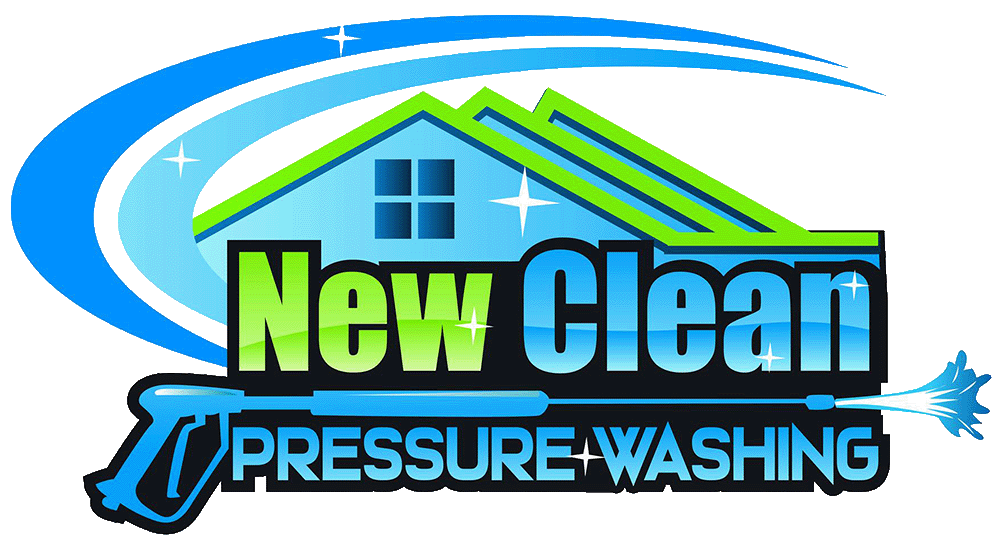Concrete surfaces are ubiquitous in residential, commercial, and industrial settings. They provide durability and functionality, whether in driveways, sidewalks, patios, or industrial floors. However, over time, these surfaces can accumulate dirt, grime, oil stains, mold, mildew, and other contaminants. Achieving and maintaining a clean, attractive, and safe concrete surface requires regular cleaning. This guide explores the importance of concrete cleaning, the methods available, the benefits of professional services, and tips for achieving optimal results.
The Importance of Concrete Cleaning
Concrete cleaning is essential for several reasons:
1. Enhances Aesthetic Appeal
A clean concrete surface significantly improves the overall look of your property. Dirt, stains, and mold can make concrete appear old and neglected. Regular cleaning restores its appearance, making it look new and well-maintained.
2. Increases Safety
Contaminants like oil, algae, and mold can create slippery surfaces, posing a risk of slips and falls. Cleaning removes these hazards, making the area safer for pedestrians and vehicles.
3. Prolongs Longevity
Regular cleaning helps prevent the buildup of substances that can degrade concrete over time. For example, oil and chemical spills can penetrate the surface and weaken the concrete. Removing these contaminants preserves the structural integrity of the surface.
4. Prevents Damage
Mold, mildew, and algae can cause damage if left unchecked. These organisms can penetrate the porous surface of concrete, leading to cracks and deterioration. Cleaning eliminates these threats, preventing costly repairs.
5. Improves Property Value
A well-maintained property with clean concrete surfaces is more appealing to potential buyers or tenants. Clean, attractive surfaces contribute to higher property values and better curb appeal.
Methods of Concrete Cleaning
Several methods are available for cleaning concrete surfaces, each suited to different types of dirt and stains:
1. Pressure Washing
Pressure washing is one of the most common methods for cleaning concrete. It involves using high-pressure water to blast away dirt, grime, and stains. Pressure washing is effective for removing:
- Dirt and debris
- Oil and grease stains
- Mold and mildew
- Algae
Pros:
- Highly effective at removing surface contaminants
- Quick and efficient
- Can cover large areas
Cons:
- Can damage the surface if not done correctly
- Not suitable for delicate or old concrete
2. Chemical Cleaning
Chemical cleaning involves applying specialized cleaning solutions to the concrete surface to break down stains and contaminants. These solutions are then rinsed away with water. Chemical cleaning is effective for:
- Deep stains (oil, grease, rust)
- Organic growth (mold, mildew, algae)
- Efflorescence (white, powdery deposits)
Pros:
- Can penetrate deep stains and contaminants
- Suitable for stubborn stains
- Effective for sanitizing surfaces
Cons:
- Requires careful handling to avoid damage
- May require multiple applications for severe stains
3. Mechanical Cleaning
Mechanical cleaning uses tools like scrubbing machines or rotary brushes to physically remove dirt and stains from the concrete surface. This method is often used in combination with chemical cleaners for maximum effectiveness.
Pros:
- Effective for textured or uneven surfaces
- Can provide a thorough clean
- Suitable for indoor and outdoor use
Cons:
- Labor-intensive
- Can be time-consuming for large areas
4. Abrasive Blasting
Abrasive blasting (sandblasting) involves propelling abrasive materials (sand, glass beads, etc.) at high speed to clean the concrete surface. It is effective for removing:
- Paint and coatings
- Heavy stains
- Surface imperfections
Pros:
- Highly effective for tough stains and coatings
- Can restore old, worn surfaces
Cons:
- Can be messy and requires cleanup
- May damage the surface if not done correctly
Benefits of Professional Concrete Cleaning Services
While DIY concrete cleaning is possible, hiring professional services offers several advantages. Our fellow concrete cleaning pals at HC Softwash Window Cleaning and Pressure Washing have provided us with the advantages of hiring a concrete cleaning professional.
1. Expertise and Experience
Professional concrete cleaning companies have the expertise and experience to handle various stains and surfaces. They know the best methods and products to use for optimal results.
2. Advanced Equipment
Professionals use advanced equipment that delivers superior cleaning power. This includes high-pressure washers, industrial-grade scrubbing machines, and specialized cleaning solutions.
3. Time and Convenience
Cleaning large concrete areas can be time-consuming and labor-intensive. Hiring professionals saves you time and effort, allowing you to focus on other tasks.
4. Safety
Professionals are trained to handle equipment and chemicals safely. They take precautions to protect themselves and your property from damage.
5. Comprehensive Cleaning
Professional services provide a thorough cleaning, addressing all areas of the surface. They can also identify and address issues like cracks or damage that need repair.
6. Cost-Effective
While professional services have an upfront cost, they can save you money in the long run by preventing damage and extending the life of your concrete surfaces.
Tips for Achieving Optimal Results
Whether you choose to clean your concrete surfaces yourself or hire professionals, these tips can help you achieve the best results:
1. Regular Maintenance
Regular cleaning prevents the buildup of dirt and stains, making each cleaning session easier and more effective. Plan for a thorough cleaning at least once a year, or more frequently in high-traffic areas.
2. Pre-Treat Stains
For tough stains, pre-treat the area with a suitable cleaning solution before using pressure or mechanical cleaning methods. Allow the solution to sit for the recommended time to break down the stain.
3. Use the Right Equipment
Choose the appropriate cleaning method and equipment for your specific needs. High-pressure washing is ideal for general cleaning, while chemical or abrasive methods may be needed for deep stains and coatings.
4. Test a Small Area First
Before cleaning the entire surface, test a small, inconspicuous area to ensure the cleaning method does not damage the concrete. This is especially important for delicate or old surfaces.
5. Protect Surrounding Areas
When using chemicals or high-pressure equipment, protect surrounding areas from overspray or runoff. Cover plants, nearby surfaces, and outdoor furniture to prevent damage.
6. Follow Manufacturer Instructions
If using commercial cleaning products, follow the manufacturer’s instructions carefully. This ensures the product is used effectively and safely.
7. Rinse Thoroughly
After cleaning, rinse the concrete surface thoroughly to remove any remaining cleaning solution or debris. Incomplete rinsing can leave residues that may attract dirt or cause damage.
8. Address Repairs Promptly
If you notice cracks, chips, or other damage during cleaning, address these issues promptly. Small repairs can prevent further deterioration and maintain the integrity of your concrete surfaces.
Conclusion
Concrete cleaning is a vital aspect of maintaining the appearance, safety, and longevity of your property. Whether you opt for DIY methods or hire professional services, understanding the importance, methods, and best practices of concrete cleaning will help you achieve optimal results. Regular maintenance, proper equipment, and attention to detail are key to keeping your concrete surfaces looking their best. By investing in regular cleaning, you can ensure that your concrete surfaces shine bright, enhancing the overall appeal and value of your property.


